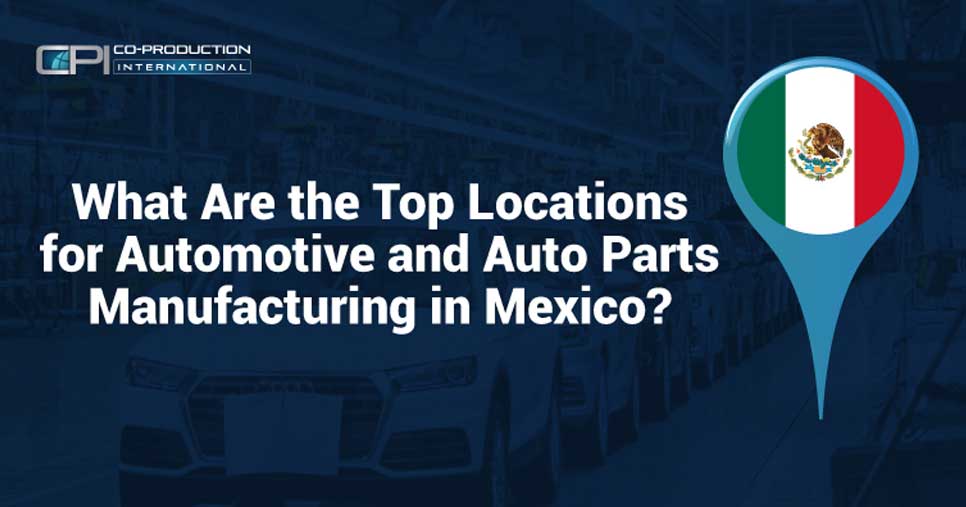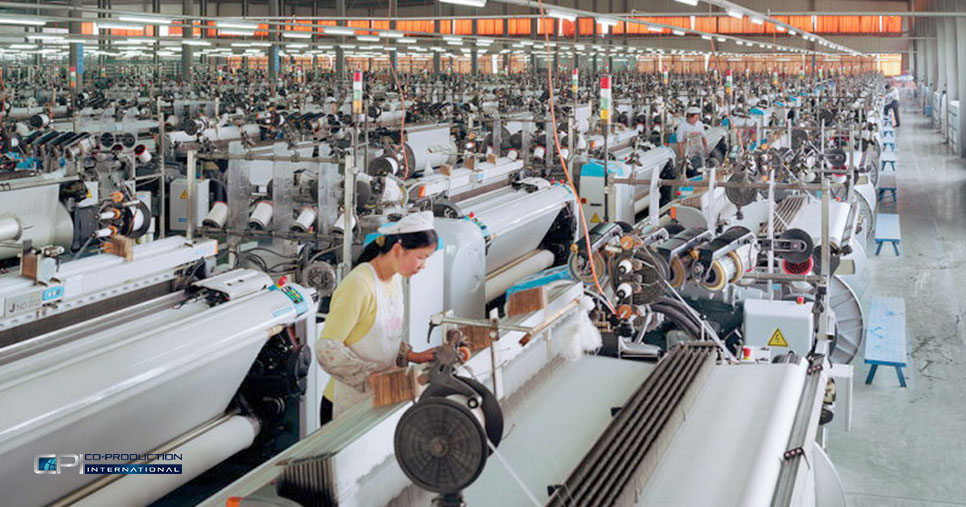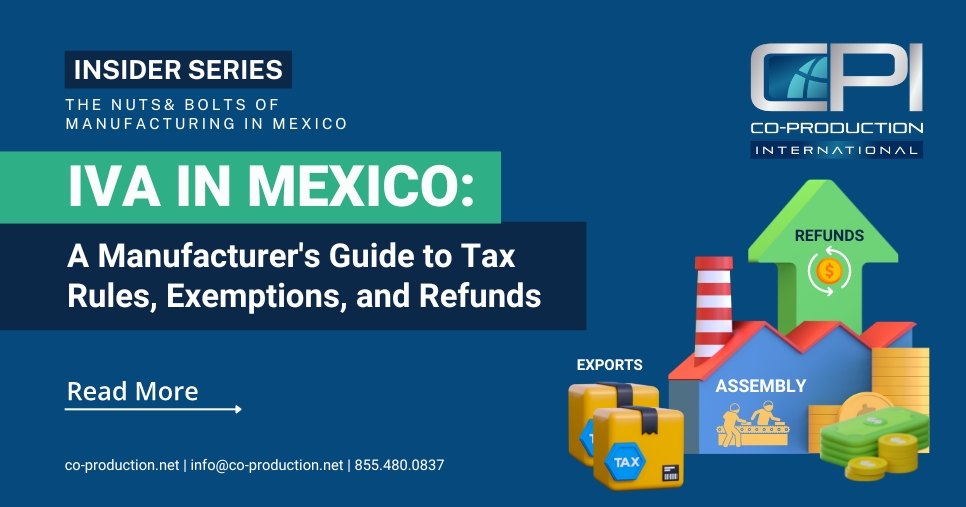U.S. auto employment, including parts makers, has risen 50 percent, to about 925,000, since the aftermath of the 2008 recession. Before Donald Trump takes to the debate stage Wednesday night for one last chance to prove U.S. trade policy is letting Mexico steal Michigan and Ohio's auto jobs, he might want to do some research on manufacturing trends in the global auto industry.
Mexico's biggest and fastest-growing carmakers aren't American brands like Ford and General Motors' Chevy. The biggest Mexican carmaker is Nissan, and the newest plants belong to Audi and Kia, with big BMW and Toyota plants in the pipeline.
For a candidate who argues that free trade has led to the hollowing-out of U.S. manufacturing, the most ironic cut may be that car companies are building in Mexico rather than the United States, largely because it has freer trade than the United States does with the rest of the world. Critics of the North American Free Trade Agreement, who are placing all the blame on it, are denying the reality of global auto manufacturing.
"That's what gets lost in the narrative," said Bernard Swiecki, director of the automotive communities partnership at the Center for Automotive Research in Ann Arbor, Michigan. "Free trade agreements are driving BMW and Audi, but they're not free trade agreements with us. Blame NAFTA all you want — it wasn't the trade agreement that made that happen.''
Automakers from outside North America have invested at least $13.3 billion in Manufacturing in Mexico since 2010, more than half the $24 billion invested in total, according to the Center for Automotive Research, which receives funding from corporations and government sources. Money from outside the NAFTA zone includes new plants for BMW 3-series sedans and Audi Q5 crossovers. By contrast, Ford's announcement Sept. 15 that it would move small-car production to Mexico from a Michigan plant that will switch to making pickups and Broncos was the first new assembly plant in Mexico announced by a Detroit 3 carmaker since the 2008 financial crisis.
There's no obvious patriotic reason for Munich-based BMW or Yokohama-based Nissan to base new factories exclusively in the United States, Swiecki said. Both companies make cars in America already. Nissan has plants in Tennessee and Mississippi that make about 1.1 million Altimas, Leafs, Muranos and other vehicles annually and employ more than 10,000 workers. BMW's Spartanburg, South Carolina, plant makes about 450,000 vehicles, mostly SUVs from BMW's X-series lines. Spartanburg wasn't seriously considered for the 3-series sedan production line, because it's running at its maximum efficient capacity, BMW spokeswoman Sandra Schillmoeller said.
TPP is the next step to take: Mexico's Guajardo
Put foreign automakers who import from Mexico together and they make up a large and growing chunk of the $23.4 billion worth of finished autos the U.S. imports from its southern neighbor each year — $20 billion more than the $3.1 billion of passenger cars the United States ships to Mexico.
Nissan made 571,490 cars in Mexico in the first seven months of this year, according to the Mexican Automotive Industry Association, and says it sends about 40 percent of them to the United States — the rest stay in Mexico or are shipped duty-free to South America. The Detroit 3 of Ford, General Motors and Fiat Chrysler are the three next-biggest car producers in Mexico.
The trade deficit in vehicles and parts is more than the entire $42.2 billion U.S.–Mexico trade gap. In all other goods and services combined, the United States has a trade surplus with Mexico, according to U.S. statistics.
Tariffs and trade
Why are so many non-U.S. automakers choosing Mexico? It's not just low labor wages, though Mexican auto workers make about 18 percent of what U.S. counterparts do, saving $600 on assembling a midsize Ford Fusion, according to the CAR. The real key is having free trade deals with more of the rest of the world than the United States, Swiecki said. On a Fusion sent to Europe, just the tariff difference from producing in Mexico saves Ford $2,500, while on a more expensive BMW or Audi, the difference is even more. And labor cost savings don't rise much as the cars get more expensive, but the potential gains from avoided export taxes do, he said.
That pushes many (but not all) automakers into a decision to build cheap cars in Mexico, where the labor savings are a bigger part of the price. Larger cars and trucks bound for U.S. consumers get made in the United States, and makers of cars headed for South America or Europe, at any price point, have a built-in reason to pick Mexico.
Take Nissan. The company sells 37 percent of the cars it makes in Mexico within the Mexican market, spokesman Brian Brockman said. Of the rest, about 377,000 went to the United States last year, mostly low-margin small cars like the Versa and Sentra models. The rest, about 140,000, go to 50 other markets, mostly in South America, he said. About a quarter of the cars Nissan sells in the United States come from Mexico, 15 percent are from Japan, and 57 percent are made here, he added.
"The Versa, as long as we've offered it, has come from Mexico," Brockman said. "Our two biggest-selling vehicles, the Altima and the Rogue, are built in Smyrna (Tennessee)."
Ford moving all small-car production to Mexico
South Africa, not the United States, is where BMW has been making 3-series cars whose production will move to Mexico in 2019, Schillmoeller said. The company needed to accommodate rising worldwide demand for X-series SUVs that Spartanburg couldn't fill, and the company decided expanding Spartanburg beyond its current size wasn't efficient, she said. So the South Africa plant will make X3s for Europe, and that meant BMW needed a new place to make 3-series sedans.
A manufacturing location near the United States made sense, but since many of the cars will go back to countries in the European Union, which levies a 10 percent import tax on U.S.-made vehicles, the United States wasn't competitive, Schillmoeller said. "Our goal is to have production near where we have the cars, and we do have demand in the NAFTA region," Schillmoeller said. "There is no movement of production from the U.S. The Mexico plant is additional capacity."
A small advantage
Kia just opened a $3 billion factory to make Rio subcompacts and the compact Forte sedan. It's expected to make 400,000 units annually by 2018, supplementing operations in Georgia that employ 14,000 workers making the Optima sedan and Sorento SUV, the company said. It, too, cited the ability to serve South American markets without tariffs.
Big vehicles are so much more profitable that a shift like Ford's, to make small cars in Mexico and devote U.S. plants to bigger vehicles, is good for workers, said Jamie Albertine, an analyst who covers auto stocks at boutique equity research firm Consumer Edge Research. That shift makes U.S. workers slightly more secure, since they are working on products that are more popular as well as profitable, he said.
"I'm really skeptical how much profit, if any, comes from cars," especially small ones, Albertine said. "The profit is in trucks and SUVs.''
Neither does expanding into Mexico keep U.S.-branded carmakers from investing in their home market, which is, after all, the largest sales territory on Earth.
NAFTA has likely resulted in some auto jobs moving to a Mexican manufacturing workforce that now numbers 675,000, according to Mexican auto industry's trade association data cited by The New York Times in a Wednesday report.
General Motors has invested $20 billion in U.S. manufacturing since 2009, when it emerged from bankruptcy-court protection, compared with $5 billion invested in Mexico, spokesman Pat Morrissey said. That investment has created or protected 48,000 of the company's 97,000 U.S. jobs, while making the United States the home of critical programs like Chevy's Bolt electric car, he added. The company employs 222,000 people worldwide, including 15,000 in Mexico.
That means U.S. auto employment, including parts makers, has risen 50 percent, to about 925,000, since the aftermath of the 2008 recession, according to the Bureau of Labor Statistics. That's still nowhere near the peak of 1.3 million in 2000, as slow growth in vehicle sales, coupled with the shift in car and parts production to Mexico and productivity growth, slices into employment.
"We were at levels I don't think we'll ever get to again," Swiecki said.
— By Tim Mullaney, special to CNBC.com




.png)







